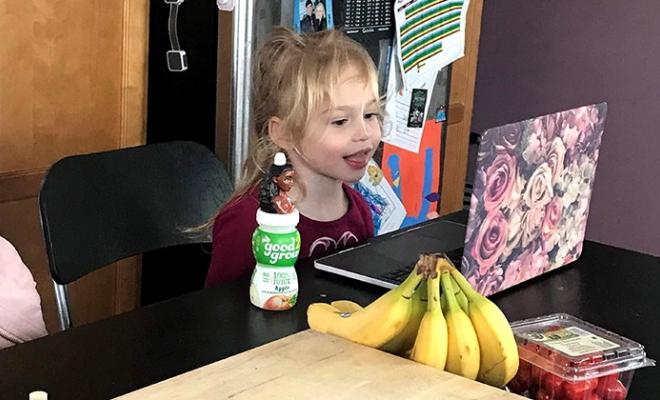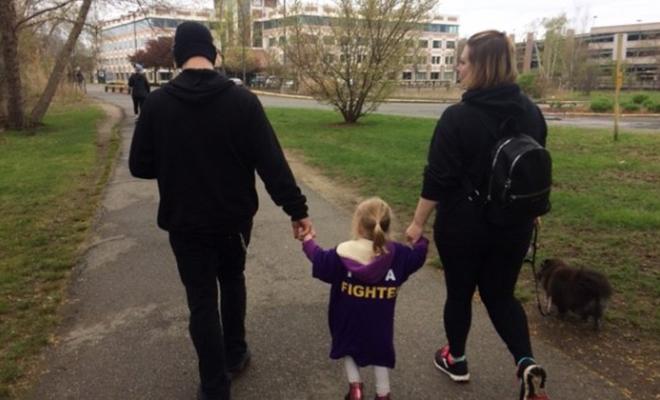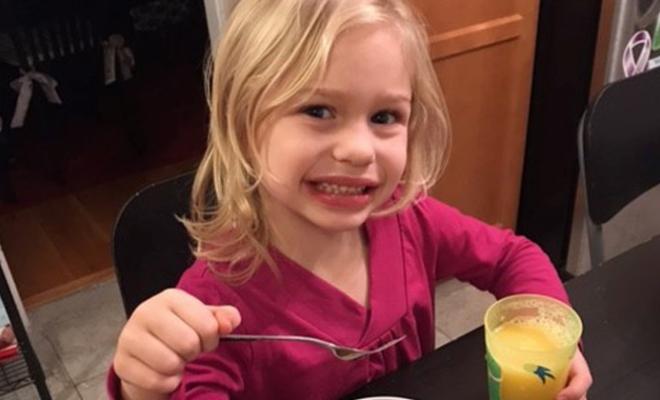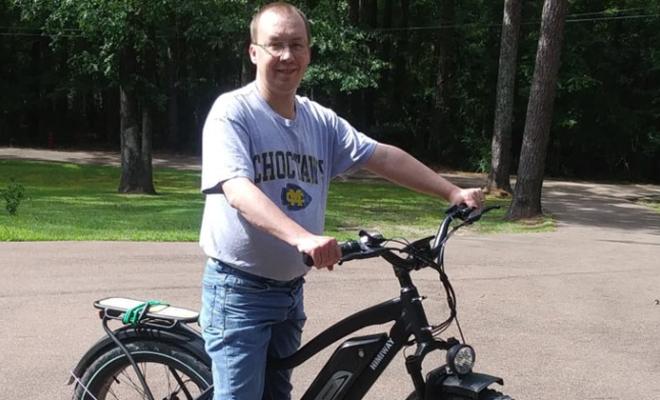It has been over a year since I have seen my mother.
More precisely, it has been one year, one month, one week, and two days since I last visited home.
It has been over a year since my now 4-year-old daughter, Cadence, played with her cousins, laughed with her grandparents, or celebrated milestones with anyone other than my husband and me.
It has been two months, two weeks, and two days since I last interacted with my students in person. After the first COVID-19 case in our school, we started fully remote learning, and -- even though my students are now back in person part time -- I am teaching remotely to further shelter my daughter from the dangers that are ever-present.
One of the last poems I explored with my students was Poe's “The Raven,” in which the speaker begs this ominous bird to tell him “Is there -- is there balm in Gilead?”
With so much news about vaccines, many have started to believe that hope is finally on the horizon; that things may again return to “normal.”
Families hope to gather and celebrate together, friends hope to catch up over dinner and drinks, parents and teachers hope for schools to fully reopen.
As I scroll through my Facebook feed, I see so many of my friends who work in the health care industry share smiling photos holding up their vaccine cards to proudly display their vaccinations. I read as others who have started the vaccination process make plans to celebrate with family parties or reunite with friends at restaurants.
As we wait for our vaccinations, I hear buzz from my school community that maybe we will see all of our students together next school year, and some of my closer colleagues ask if I will be rejoining them in person once I am vaccinated.
I celebrate all those who have braved the needles, and I eagerly await my turn in line to add this layer of protection for myself and my family. For I, too, want to join in the hope that we shall make our way out of this situation.
And yet, I worry. Will it be enough?
I may be vaccinated, and my husband may be vaccinated, but our daughter, Cadence, who is only 4, will not be vaccinated. She is the one with cystic fibrosis.
She is the one who needs protection, yet she cannot get the vaccine because vaccines haven't been authorized for people so young. So even though I may be vaccinated, could I still transmit the virus to her?
I may not get sick, but there is still the possibility that I could pick up the virus from work and carry it home and infect Cadence. The studies I have read so far have not been conclusive in determining whether vaccines can prevent transmission. There is talk of “herd immunity” and “viral load,” and reasoning to suggest that a person who has been vaccinated may not acquire enough of the viral load to transmit, but we do not know this for certain. This is why whatever “normal” we start to make our way toward must still include the guidelines with which we have all become too familiar.
Even after the pandemic is officially declared over, I will still worry. I know other dangers are lurking: bacteria, common colds, and the flu are still prevalent and pose a threat to Cadence.
In the meantime, I will survive -- armed with face masks, hand sanitizer, physical distancing protocols, and the patience and tenacity to see us through.
Interested in sharing your story? The CF Community Blog wants to hear from you.






